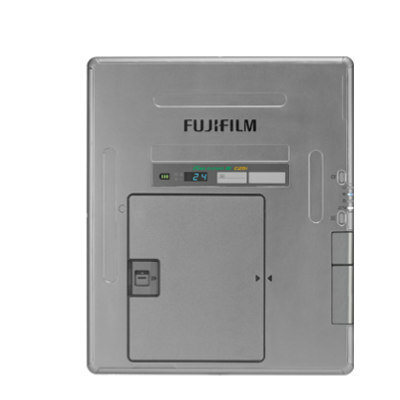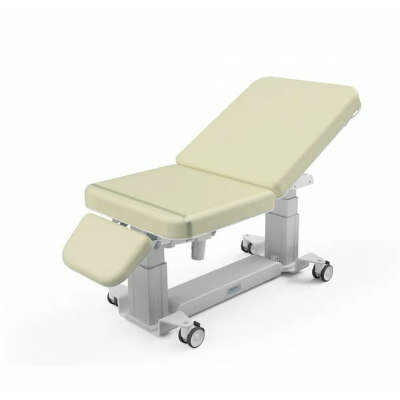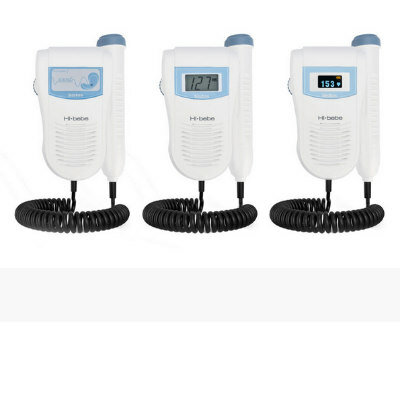Dedicated Diffusion Tensor Imaging Helps Predict Effects of Mild Traumatic Brain Injury
By MedImaging International staff writers
Posted on 29 Sep 2014
Diffusion tensor imaging (DTI), a specialized magnetic resonance imaging (MRI) technique that identifies microstructural alterations in brain tissue, can help clinicians better predict the likelihood for poor clinical outcomes following mild traumatic brain injury compared to conventional imaging techniques such as computed tomography (CT), according to a new study. Posted on 29 Sep 2014
The findings were published online September 1, 2014, in the Journal of Neurotrauma, publishers. The ability to predict which of the patients who experience an acute head injury, such as mild traumatic brain injury (mTBI), are likely to suffer ongoing dysfunction three or six months post-injury is important for providing optimal care. Dr. Esther Yuh and coauthors from a range of leading international institutions, including: University of California, San Francisco (UCSF; USA), Erasmus MC-University Medical Center (Rotterdam, The Netherlands), and Mount Sinai School of Medicine (New York, NY, USA), presented the results of the first published study that compares DTI to conventional imaging and clinical factors for outcome prediction in individual patients with mTBI. DTI showed significant differences between the white matter of mTBI patients who had positive versus negative findings on CT and MRI evaluation.
John T. Povlishock, PhD, editor-in-chief of Journal of Neurotrauma and professor, Medical College of Virginia Campus of Virginia Commonwealth University (Richmond, VA, USA), noted that, “this exceptionally well done study addresses an issue of continuing controversy and confusion. The authors make an extremely important observation that MRI studies, including DTI parameters, are integral in informing prognosis after mild TBI. When taken together with the other publications from the TRACK-TBI study group, these findings should prove invaluable in assessing the occurrence of mild TBI and informing patient outcome.”
Related Links:
University of California, San Francisco
Erasmus MC-University Medical Center
Mount Sinai School of Medicine












.jpg)

